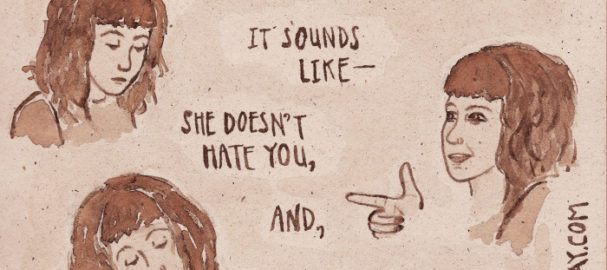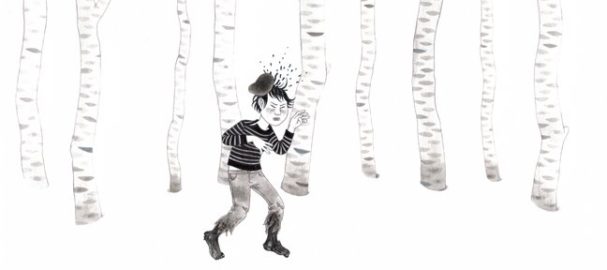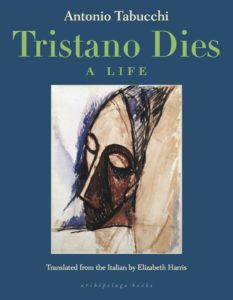
We’re doing it again! carte blanche and the Creative Nonfiction Collective Society (CNFC) have teamed up to bring you a Canada-wide creative nonfiction contest sponsored by the University of King’s College. The winner will receive $750 and her/his text will be published in carte blanche.




